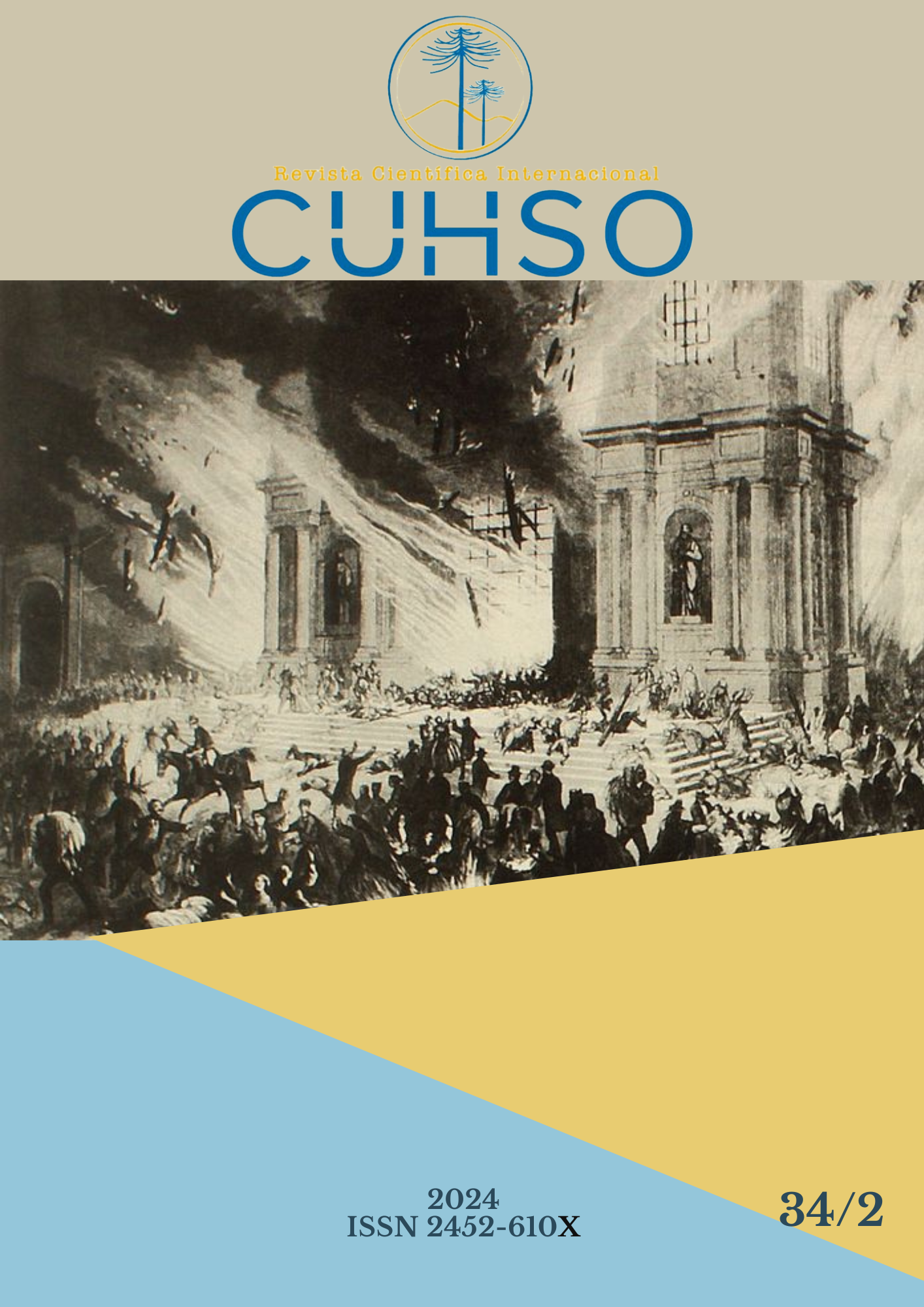Abstract
Indian cities frequently suffered fires; some of them being more susceptible than others to the voracity of the flames. On certain occasions, these calamities were the result of deliberate acts perpetrated by the Crown’s enemies. However, in the majority of cases, fires were attributed to the extreme susceptibility of urban environments, exacerbated by the population’s negligence and imprudence. There is no doubt that Indian societies were perfectly aware of this, as well as of the intrinsic duality of fire, its destructive potential and its vital function for the survival and prosperity of cities. Despite this, it would be a mistake to conceive of Indian societies solely as victims of fires. Therefore, the central purpose of this article is to reinterpret the history of a specific community, the colonial Guayaquil, by employing the epistemological category of Risk Acceptance. This, to better understand its complicated and troubled relationship with fires. By referring to Risk Acceptance, we not only consider societies as victims of the risks they themselves have generated by implementing erroneous adaptive strategies, that is, Constructed Risks, but we also explore the possibility that, in some cases, communities consciously have decided to become vulnerable to certain risks.

This work is licensed under a Creative Commons Attribution 4.0 International License.
Copyright (c) 2025 Loris De Nardi


